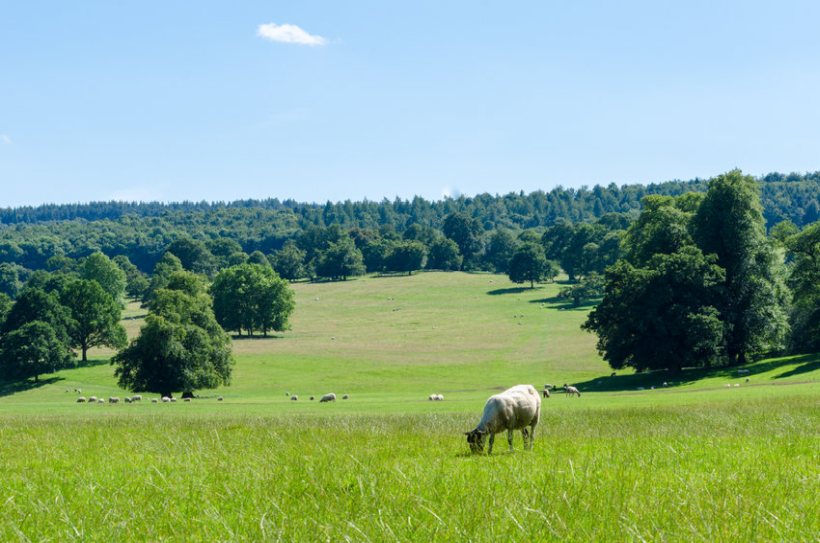
A new guide setting out how farmers and landowners can adapt their woodlands in the face of climate change has been published today.
The guide, published by the Forestry Commission and other forestry bodies, outlines the steps that farmers can take to foster woodlands on their land.
Woodland will be resilient to threats of climate change, such as drought, changing weather patterns and more frequent, severe weather events, the groups said on Saturday (14 May).
However, for forests and woodlands to thrive, adaptation measures must be 'considered carefully'.
The guide highlights measures, including diversifying the different types of trees planted across a landscape – such as changing the dominant species – to increase biodiversity.
It advises farmers and landowners to choose seeds best suited for the local site and climate to reduce the risks associated with drought, frost, and pests and diseases.
The guide, which can be downloaded free of charge, also recommends land managers to consider encouraging more natural regeneration.
The forestry bodies explain that naturally regenerated areas may reduce wind, drought, frost, pest and disease risk where individuals are better adapted to changing local site conditions.
Chair of the Forestry Commission, Sir William Worsley, said the guide would help farmers and land managers protect the UK's woodlands and ensure their resilience.
“The woodlands of the future need to be planted and managed differently if they are to be resilient to our changing climate.
“By planting a more diverse range of tree species in the right place and in accordance with the UK Forestry Standard, we can foster healthy and thriving treescapes across the country."
Today’s publication follows announcements throughout this week promoting the benefits of healthy trees and plants, as part of National Plant Health Week (9-15 May).
These include the launch of the Forest Research Holt Laboratory and the Centre for Forest Protection, both of which will conduct research into tree pests and diseases, as well as climate change.
